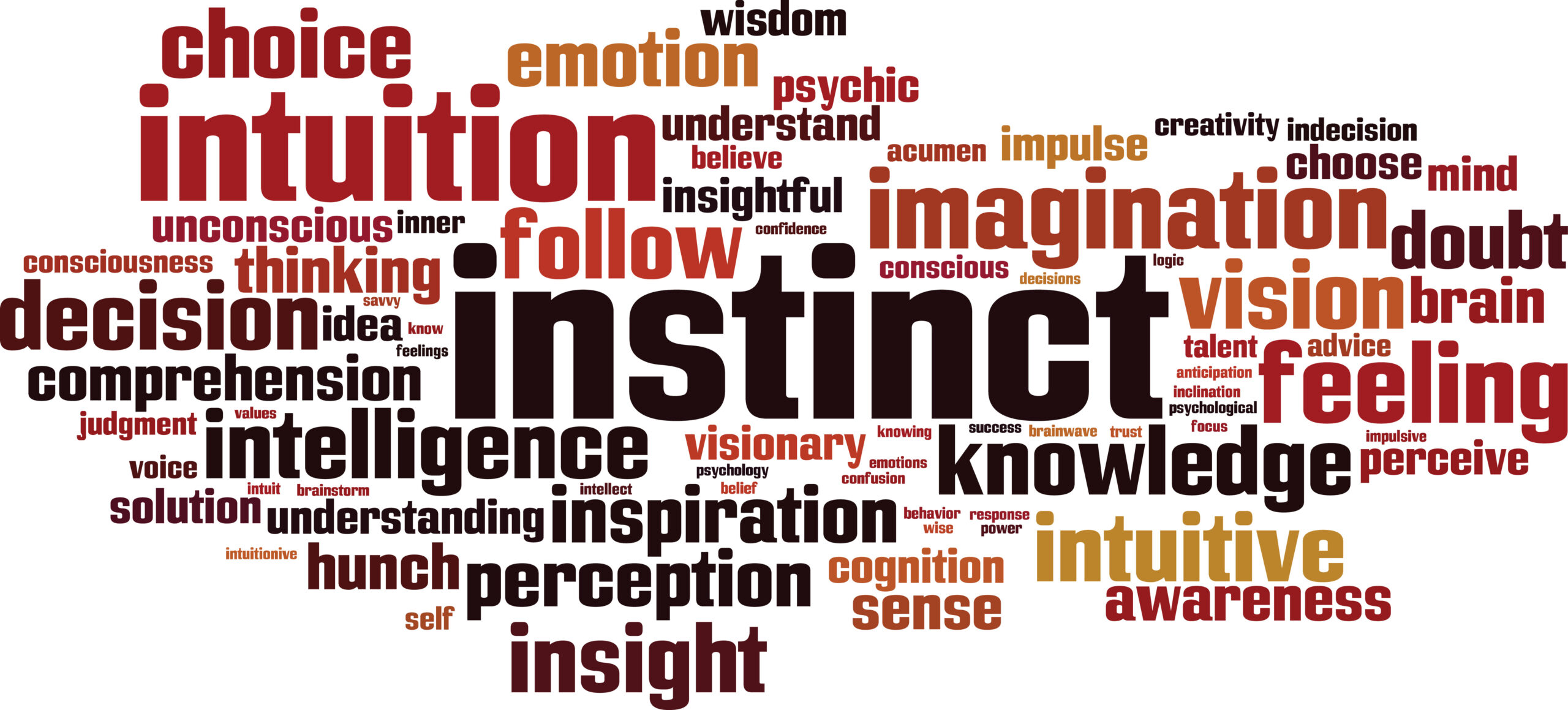“Let’s stick to the facts and make some progress” is something often heard in everyday working life in all kinds of organizations, projects and programs. It almost sounds like a paradox to us Change Managers. “Mangers are often speechless when it comes to emotional deficits – in their work environments and in themselves. One reason why the cat got their tongue is fear….Anyone showing their feelings is showing weakness.”¹
There must be situations where a plea to focus on the facts makes total sense, and immediately ends “pointless rambling”. But there are also many situations where this plea only achieves one thing at the end of the day: quickly eschewing discussions about the actual topic and throwing a lifeline out so that things can return to easily controllable objectivity. It all plays through in the mind. “The subconscious arising of emotions in the stricter sense is primarily a matter of the amygdala and the mesolimbic system… in humans and animals, it plays a key role in the emergence of predominantly negative or very volatile emotions and in emotional leaning, so it is seen as the center of fear-driven behavioral assessment.”²

To put it simply, the mind shuts down when there is a call for objectivity. Major drivers here are a person’s own motives and fear of losing control. This is all playing through in a person’s brain without their conscious awareness. “That’s why the limbic system has the first and last word in this whole process: the first word as desires and plans arise and the last in the form of a decision as to whether any intended actions should actually be implemented now and in that particular way as opposed to another way. Of course, the limbic system also confers in the meantime, but rational understanding will also ideally get a chance to speak… and only when it comes to assessing the consequences of this action.”
Simply put, our “reason” is no more than an intelligent advisor. Definitely a good result of evolution so we don’t immediately start something without any filter.
For everyday working life within an organization, it’s essential that we still have primal forces in us and that “objectivity” is no more than an intelligent advisor. One of the challenges in change and transformation processes is to address emotions, so worries, fears, desires and true motives, in a managed and viable dialog. If the “intelligent advisor” is so strongly anchored in the mind and consumed with a fear of losing control that feelings are filtered too much or entirely, it will be very difficult to make any progress. Even when it comes to objective, factual discussions. Change and transformation, whether that’s internal change or as part of a company or other organization, take courage. Courage to feel, courage to make space, courage to approach new things. And the “intelligent advisor” in us is not courageous. At most, it is just a healthy authority to help us make an assessment. This knowledge helps to integrate emotions into daily meetings and workshops as something very valuable. After all, good business still relies on our instincts.
Illustration:
©laufer
Footnotes:
¹ Doppler, Voigt. Feel the change. Wie erfolgreiche Change Manager Emotionen steuern. Frankfurt/ New York: Campus Verlag, 2012.
² Roth, Ryba. Coaching, Beratung und Gehirn. Neurobiologische Grundlagen wirksamer Veränderungskonzepte. Stuttgart: Klett-Cotta, 2016.
